Glycerol Supplementation the Complete Guide
What is Glycerol?
Glycerol is a simple polyol compound, also known as glycerin or glycerine. It is a colorless, odorless, viscous liquid that is sweet-tasting and non-toxic. Glycerol is widely used in the food industry as a sweetener and humectant, and in medical and pharmaceutical formulations as a lubricant and humectant.
Glycerol is also a byproduct of the biodiesel production process, where it is obtained as a byproduct of the transesterification of fats and oils.
In the human body, glycerol is a metabolic intermediate and is used in the synthesis of triglycerides and phospholipids, which are important components of cell membranes. It is also used as a source of energy and as a substrate for glucose production.
In sports and fitness, glycerol supplements are used for its hydrating properties and for endurance enhancement.

Benefits of Glycerol Supplementation
Glycerol supplementation has several potential benefits, including:
- Hydration: Glycerol can increase hydration by drawing water into the bloodstream, which can improve endurance and reduce muscle cramping during exercise.
- Performance enhancement: Glycerol supplementation has been shown to improve exercise performance, such as increasing time to exhaustion and reducing muscle damage.
- Thermoregulation: Glycerol can also help regulate body temperature during exercise in hot environments, by increasing sweating and reducing the risk of heat stroke.
- Blood flow: Glycerol can also increase blood flow, which can improve oxygen delivery to the muscles and enhance muscle function.
- Hyperhydration: Glycerol can be used for hyperhydration, which increase the amount of fluid in the body.
It's important to note that more research is needed to fully understand the effects of glycerol supplementation, and it should be used under the guidance of a healthcare professional.
Does glycerol help overall health?
While glycerol is an important metabolic intermediate in the human body and has a variety of uses in the food, medical, and pharmaceutical industries, there is limited research on its effects on overall health. Some studies have suggested that glycerol supplementation may have potential benefits for hydration, exercise performance, thermoregulation, and blood flow, but more research is needed to fully understand these effects.
Additionally, the use of glycerol as a supplement is not recommended for everyone, and it should be used under the guidance of a healthcare professional. It should not be used by pregnant or breastfeeding women, people with kidney or liver disease, and people taking certain medications. It can also have some side effects like headaches, nausea, and diarrhea.
It's important to note that a healthy lifestyle including a balanced diet, regular exercise, and adequate hydration are the best ways to maintain overall health.
What is the structure of Glycerol?
Glycerol (also known as glycerin or glycerine) is a trihydroxy alcohol with the chemical formula C3H8O3. It is a colorless, odorless, viscous liquid that is sweet-tasting and non-toxic. The structure of glycerol is a three-carbon chain with three hydroxyl (-OH) groups attached to it.
The molecule of glycerol is composed of a three-carbon chain with each carbon atom bearing a hydroxyl group (-OH) and a hydrogen atom (H). The chemical formula of glycerol is C3H8O3.
The structure of glycerol can be represented as: H-C-C-C-OH | OH-C-C-C-H
The carbons are numbered 1,2,3, with the hydroxyl groups on carbons 1,2,3. This structure allows glycerol to act as a substrate in the synthesis of triglycerides and phospholipids, which are important components of cell membranes.
Is Glycerol a Lipid?
Glycerol is not classified as a lipid, although it is closely related to lipids. Lipids are a diverse group of naturally occurring molecules that include fats, oils, waxes, steroids, and certain other compounds. They are typically insoluble in water but soluble in nonpolar solvents.
Glycerol, on the other hand, is a polyol, which is a type of alcohol that contains multiple hydroxyl groups. It is a colorless, odorless, viscous liquid that is sweet-tasting and non-toxic, and it is miscible with water.
Glycerol is an important component of many lipids, such as triglycerides and phospholipids. Triglycerides are a type of fat that is composed of three fatty acids attached to a glycerol molecule. Phospholipids, which are important components of cell membranes, also have glycerol as a component.
In summary, while glycerol is not a lipid per se, it plays an important role in the formation of certain lipids, such as triglycerides and phospholipids, that are important to the structural and functional integrity of cells.

Is Glycerol a Carb?
Glycerol is not a carbohydrate, but it is a byproduct of the metabolism of carbohydrates. Carbohydrates are a class of biomolecules that include sugars and their derivatives, such as starches and fibers, and they are the most important source of energy for human body. Carbohydrates are composed of carbon, hydrogen and oxygen atoms and their formula is (CH2O)n.
Glycerol, on the other hand, is a polyol, which is a type of alcohol that contains multiple hydroxyl groups. Its chemical formula is C3H8O3, which consist of 3 carbon atoms, 8 hydrogen atoms and 3 oxygen atoms. It is not a carbohydrate, but it is a byproduct of the metabolism of carbohydrates, specifically, it is a byproduct of the breakdown of glycogen, a polysaccharide that serves as a storage form of glucose in the body.
In summary, while glycerol is not a carbohydrate, it is related to carbohydrates in the sense that it is a byproduct of the metabolism of carbohydrates.
Are there trademarked versions of Glycerol?
Yes, there are trademarked versions of glycerol that are available in the market. These are typically glycerol supplements that are manufactured by specific companies and may have added ingredients or be marketed as a specific product. These trademarked versions of glycerol may also be formulated to be more effective and better absorbed by the body.
Examples of trademarked versions of glycerol include:
- GlycerGrow by AllMax Nutrition
- HyperHydrate by ProSupps
- GlycoLoad by BPI Sports
- GlycerSize by Muscletech
It's important to note that these trademarked versions of glycerol should be used under the guidance of a healthcare professional, and you should always check the ingredients and follow the recommended dosage on the product label. Also, keep in mind that these trademarked versions of Glycerol may have additional ingredients other than just glycerol and may have different potential side effects.
Should you take with Pre-Workout Supplements?
Glycerol supplementation is often taken in combination with other supplements, such as pre-workout supplements, to enhance the effects of the workout. However, whether or not to take glycerol with a pre-workout supplement depends on an individual's specific goals and needs.
Glycerol can help increase hydration and improve exercise performance, which are both beneficial for those looking to improve their workout performance. It's also been suggested that taking glycerol before a workout may help reduce muscle damage and increase endurance, allowing for better performance during the workout.
Pre-workout supplements usually contain a combination of ingredients, such as caffeine, creatine, beta-alanine and amino acids, that are designed to boost energy, endurance, strength, and focus. When taken together, glycerol and pre-workout supplements can be a powerful combination that may help improve workout performance, increase endurance, and reduce muscle damage.
What is Glycerol ester of rosin?
Glycerol ester of rosin, also known as glyceryl rosinate or glyceryl ester of rosin, is a resin derived from the sap of certain pine trees. It is composed of a mixture of esters of rosin (a natural resin obtained from the sap of pine trees) and glycerol.
It is used as a food additive and an ingredient in cosmetics, inks, and adhesives. It is also used as a binder in the production of chewing gum, and as a coating on paper products to make them more resistant to moisture and grease.
What is Glycerol Monostearate?
Glycerol monostearate (GMS) is an ester of glycerol and stearic acid. It is a white, powdery substance that is commonly used as an emulsifier, thickener, and stabilizer in food products such as baked goods, confectioneries, and ice cream. GMS can also be used in the production of cosmetics, pharmaceuticals and other non-food items.
It functions as an emulsifier by helping to keep oils and water-based ingredients mixed together in a stable emulsion. As a thickener, it helps to increase the viscosity of liquid and semi-solid food products. As a stabilizer, it helps to keep the emulsion from breaking down over time.
It is generally recognized as safe (GRAS) by FDA for use in food. It is also known by E471 and is considered safe for use in food products, however, some people may be allergic to it.
Does Glycerol help with Erectile Dysfunction?
Glycerol is a sugar alcohol that is commonly used as a sweetener and a humectant in food and personal care products. Some studies have suggested that glycerol may have a potential beneficial effect on erectile dysfunction (ED) by increasing blood flow to the penis. However, more research is needed to confirm these findings and to determine the appropriate dosage and method of administration of glycerol for the treatment of ED.
It is important to note that while some studies have suggested that glycerol may have a potential beneficial effect on ED, it is not a proven treatment. If you are experiencing ED, it is important to consult with a healthcare professional to determine the cause and to discuss appropriate treatment options.
Some Products that Help with ED
Chaos and Pain runs a few products which may help with ED, testosterone support and mens overall sexual aid. Please check out all of these:
- Chemical F - Fadogia Agrestis
- Chemical T - Tongkat Ali
- Yohimbine HCL
- Cannibal Alpha PCT
Is Glycerol a Steroid?
No, glycerol is not a steroid. Steroids are a class of molecules that include hormones, such as testosterone and estrogen, as well as synthetic compounds that mimic the effects of these hormones. Steroids are known for their ability to increase muscle mass, strength, and endurance.
Glycerol, on the other hand, is a sugar alcohol that is commonly used as a sweetener and a humectant in food and personal care products. It is a clear, colorless, and odorless liquid that is derived from fats and oils. It can be used as a dietary supplement, most commonly used to hydrate the body before, during or after exercise. It is not known to have anabolic effects and does not have a hormone activity, it is not classified as a steroid.
Some of the best Research Studies on Glycerol
It is difficult to determine the "best" research study on glycerol as different studies may focus on different aspects of the molecule and be considered the best by different experts in the field. However, some studies that have been conducted on glycerol and its potential benefits include:
- The effects of glycerol supplementation on hydration status: A systematic review by Maughan et al. (2018), where the authors reviewed the literature on the effects of glycerol supplementation on hydration status and found that glycerol supplementation can improve hydration status in a variety of settings, including during exercise and in hot environments.
- The effects of oral glycerol administration on blood flow and oxygenation during exercise by Cade et al. (2015) where they studied the effects of oral glycerol on blood flow and oxygenation during exercise and found that glycerol supplementation improved blood flow and oxygenation during exercise.
- The effects of glycerol hyperhydration on endurance exercise performance in the heat by Montner et al. (1996) where they studied the effects of glycerol hyperhydration on endurance exercise performance in the heat and found that glycerol supplementation improved endurance exercise performance in the heat.
It is important to note that these studies are just examples, and many more studies have been conducted on the topic. Also, as with any research, it is important to take into account the methodology and the sample size of the studies before drawing conclusions. It is always recommended to consult with a healthcare professional or a nutritionist before starting to use any dietary supplements to ensure that it is safe for you and that it fits your dietary needs and health condition.
Is Glycerol essential?
Glycerol is not considered an essential nutrient, as the body can produce it on its own. It is a byproduct of fat metabolism and can also be obtained through the diet, mainly in triglycerides which are found in many foods like oils, butter, and animal fats. However, it has some potential medical and industrial uses, such as in the production of explosives, antifreeze, and as a treatment for dehydration.
Does Glycerol smell?
Glycerol, also known as glycerin, is a colorless and odorless liquid. It is a sweet, thick and syrupy substance that is often used as a humectant, a sweetener, and a lubricant. It is generally considered to be tasteless and odorless, which makes it a useful ingredient in a variety of products, including food, cosmetics, and pharmaceuticals.
What are the side effects of Glycerol?
Glycerol is considered to be safe when used in small amounts and as directed. However, consuming large amounts of glycerol can cause side effects such as headache, nausea, vomiting, diarrhea, and stomach discomfort. In rare cases, it can cause allergic reactions such as hives, difficulty breathing, and swelling of the face, lips, tongue, or throat. Additionally, some studies have suggested that consuming high amounts of glycerol may also lead to an increased risk of kidney problems, but more research is needed to confirm this. It is always important to consult your doctor before taking any supplement, especially if you have any underlying health conditions or are taking any medications.
Does glycerol come in a powder? Can it be taken with protein?
Yes, glycerol supplements can be found in powder form. It is often mixed with water or other fluids before consumption. It can also be found in liquid form.
Glycerol can be taken with protein, as it is a carbohydrate and not a protein. However, it is important to note that taking glycerol supplements with protein, or any other supplement, may increase the risk of side effects, particularly if you consume more than the recommended dosage. It is always best to consult a healthcare professional before combining supplements.



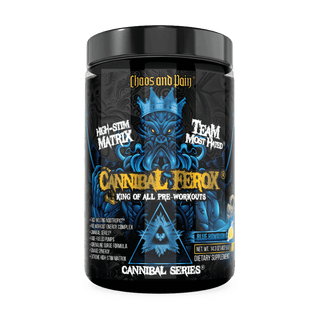
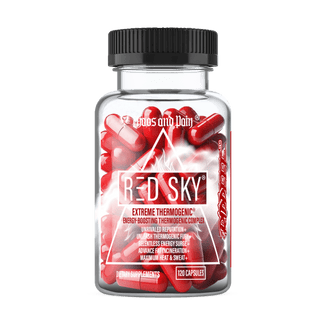

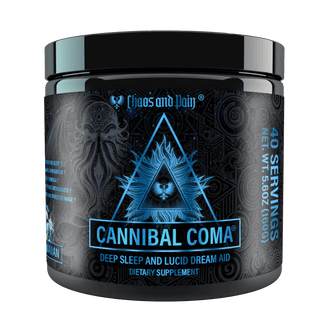
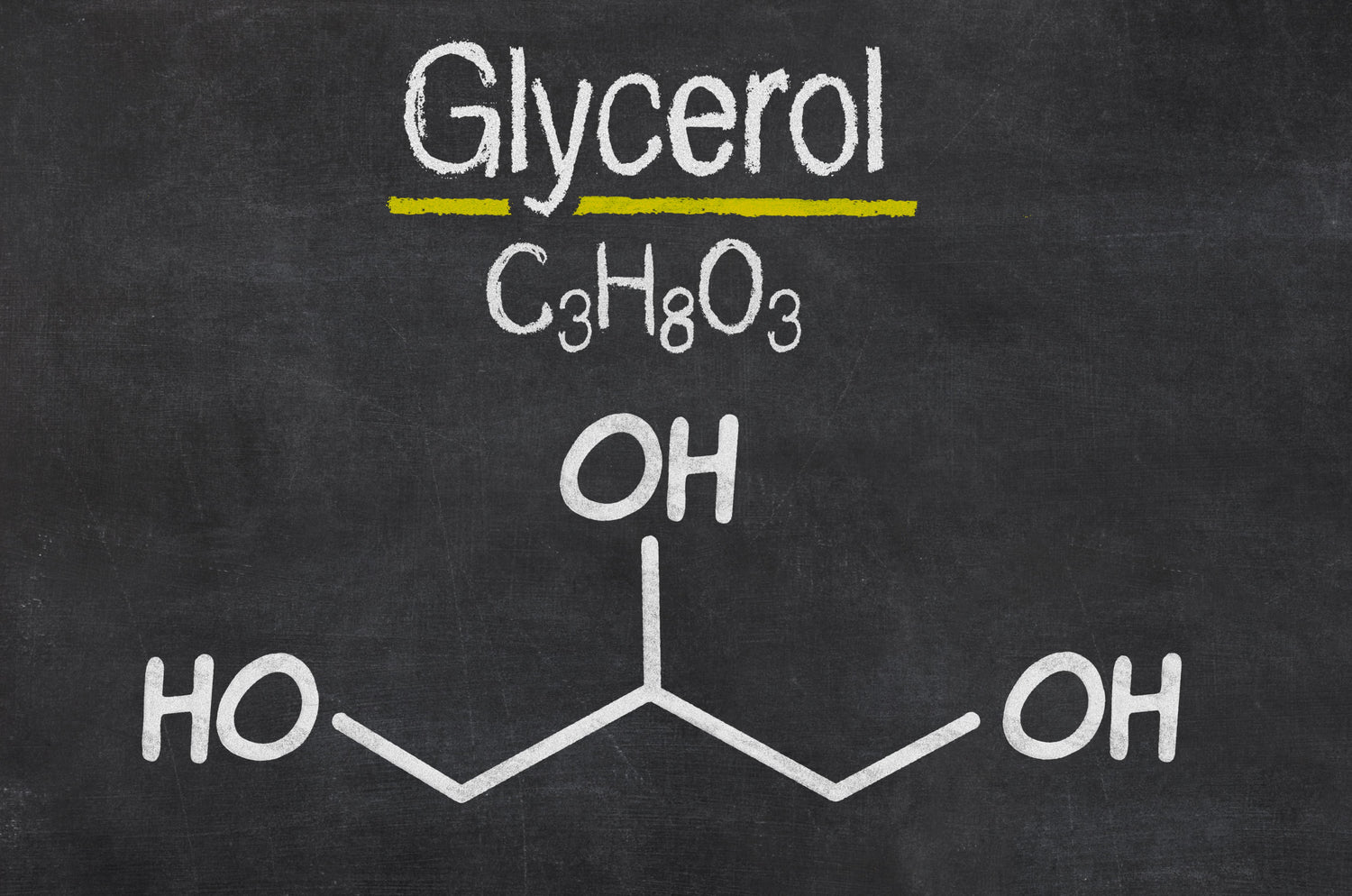


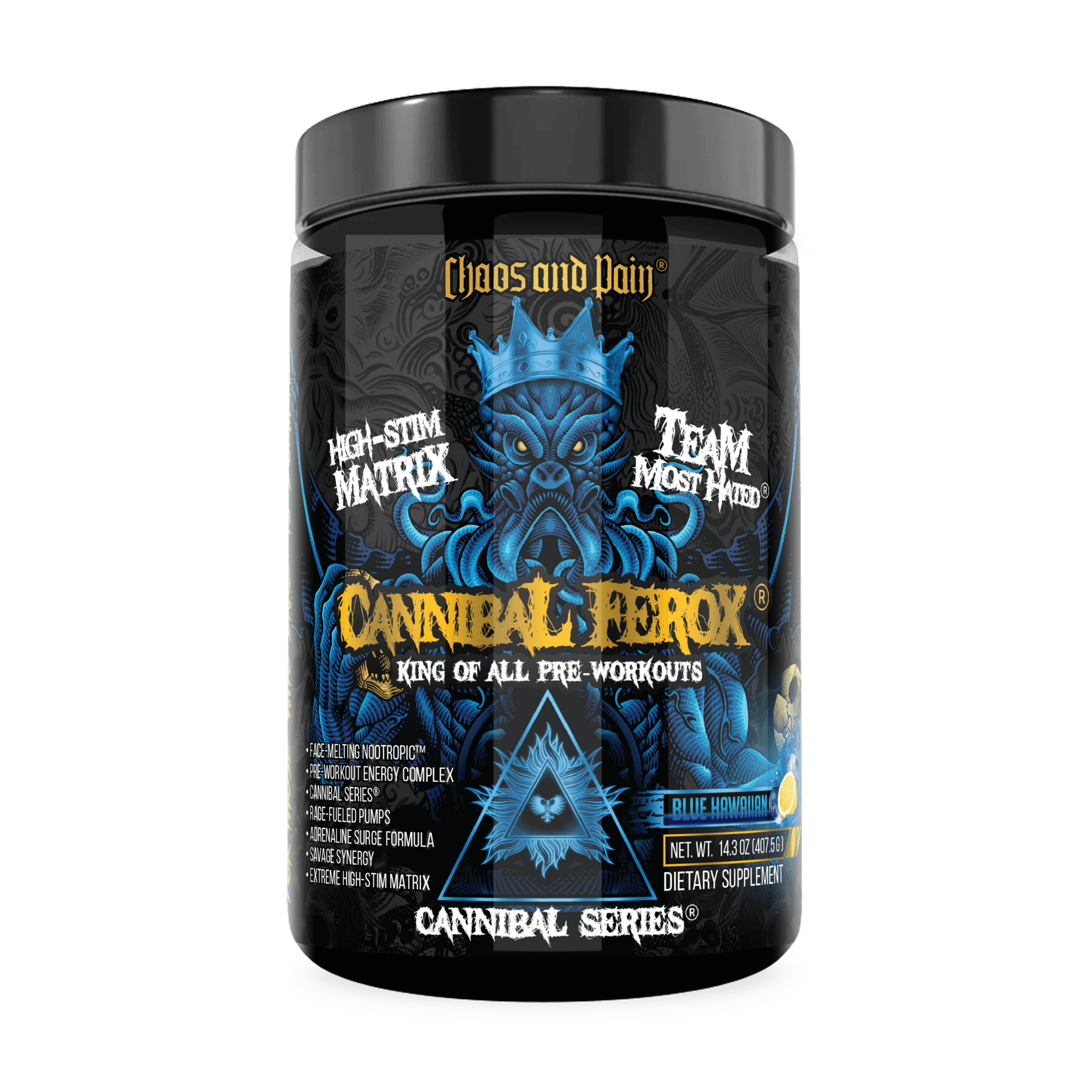
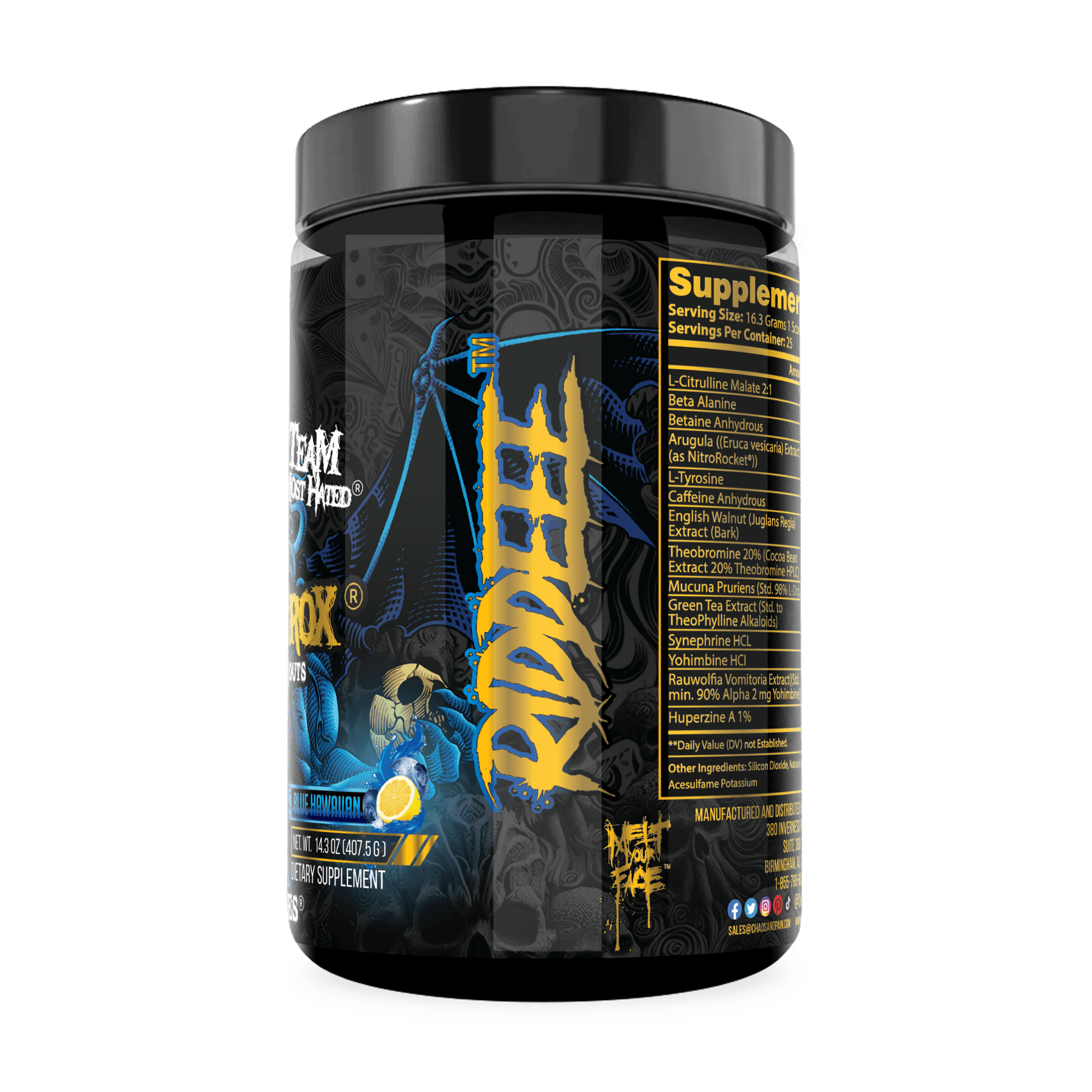


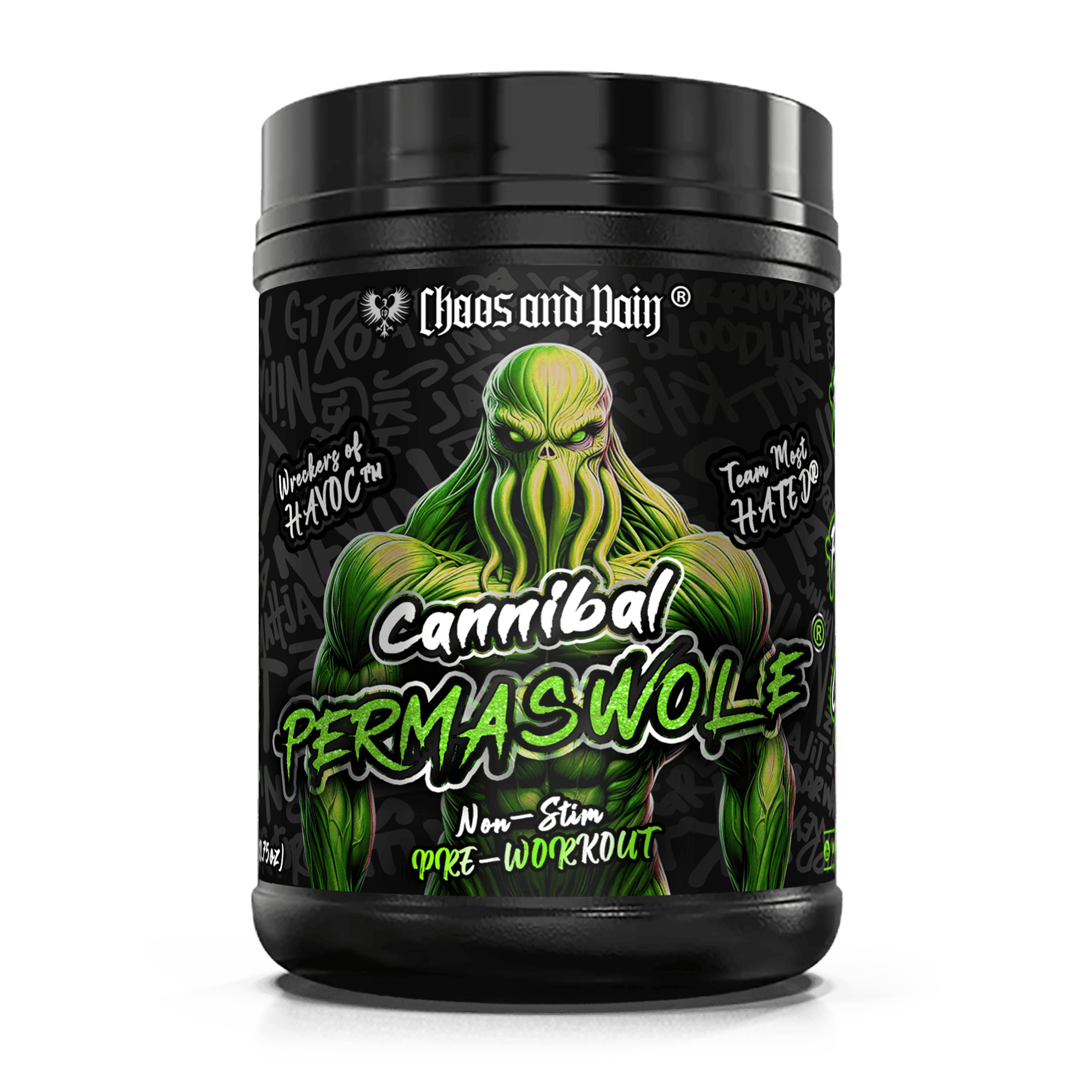
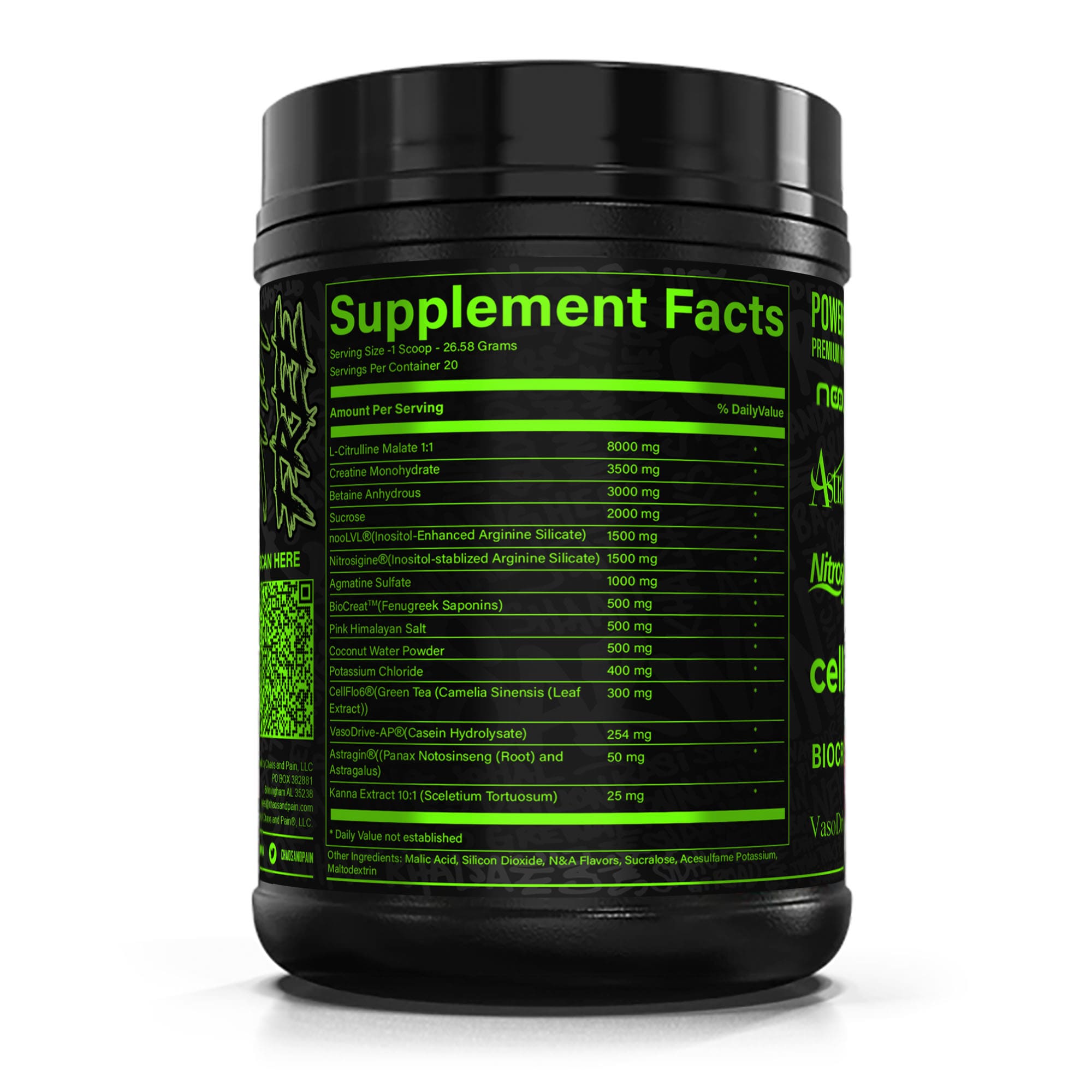
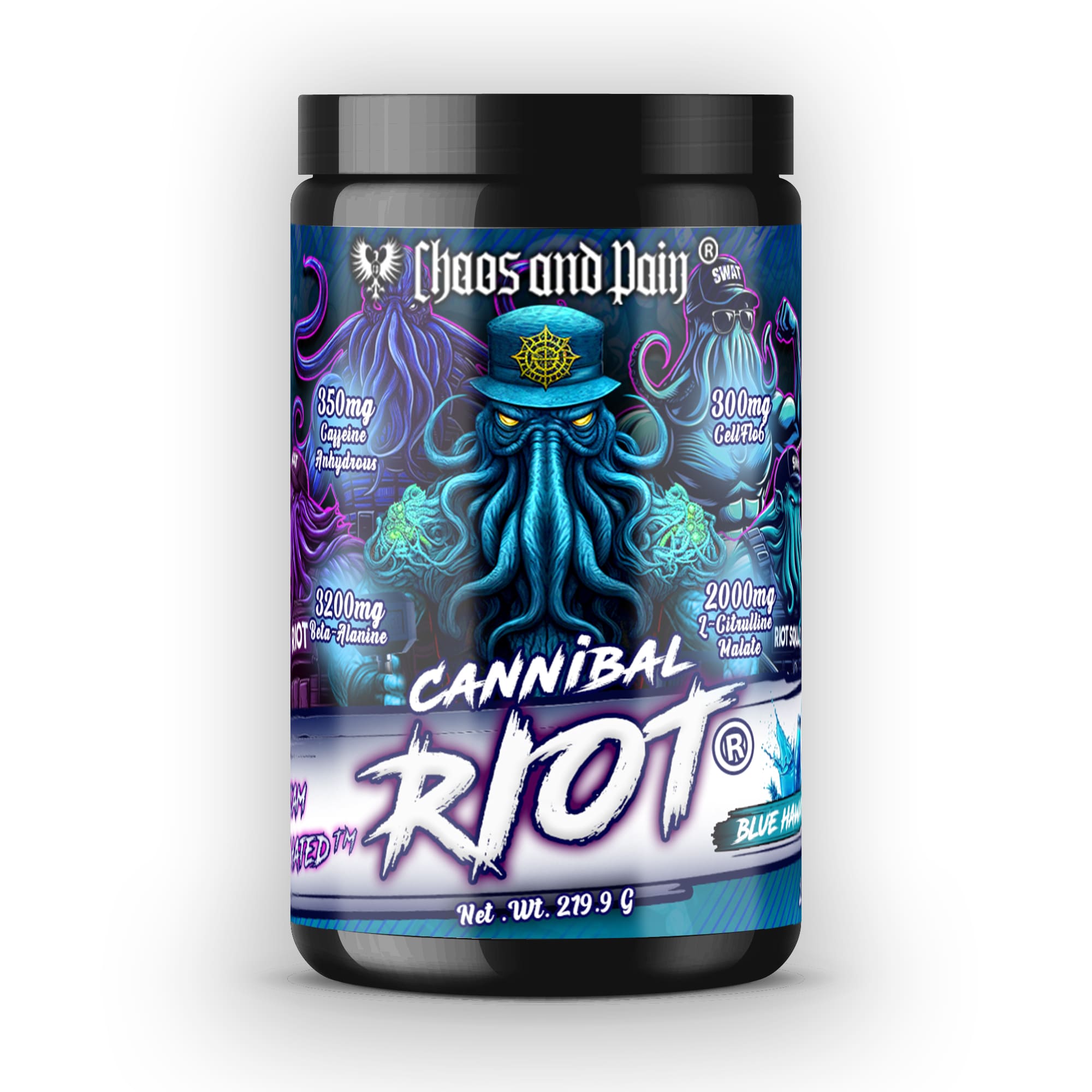
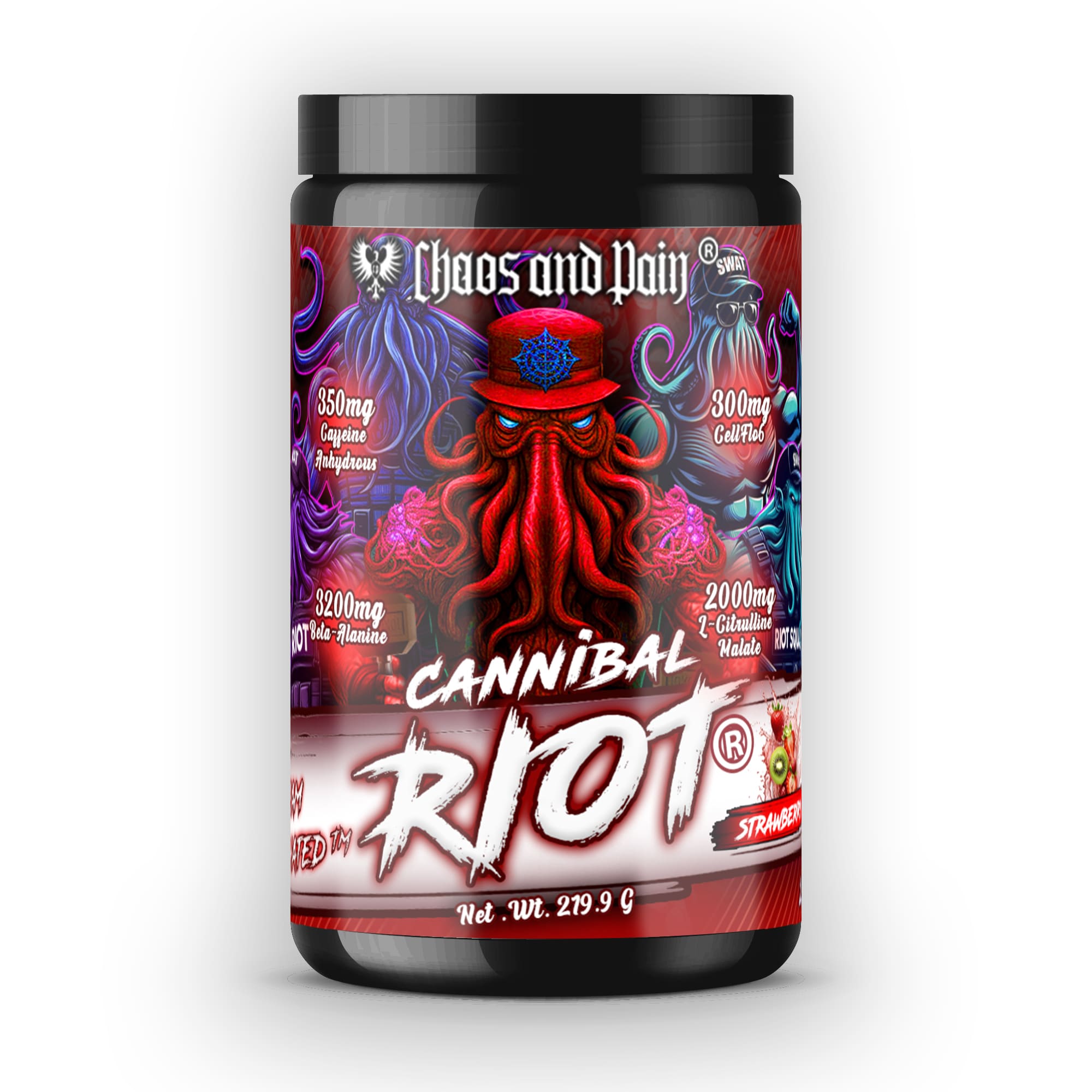
Leave a comment
All comments are moderated before being published.
This site is protected by hCaptcha and the hCaptcha Privacy Policy and Terms of Service apply.